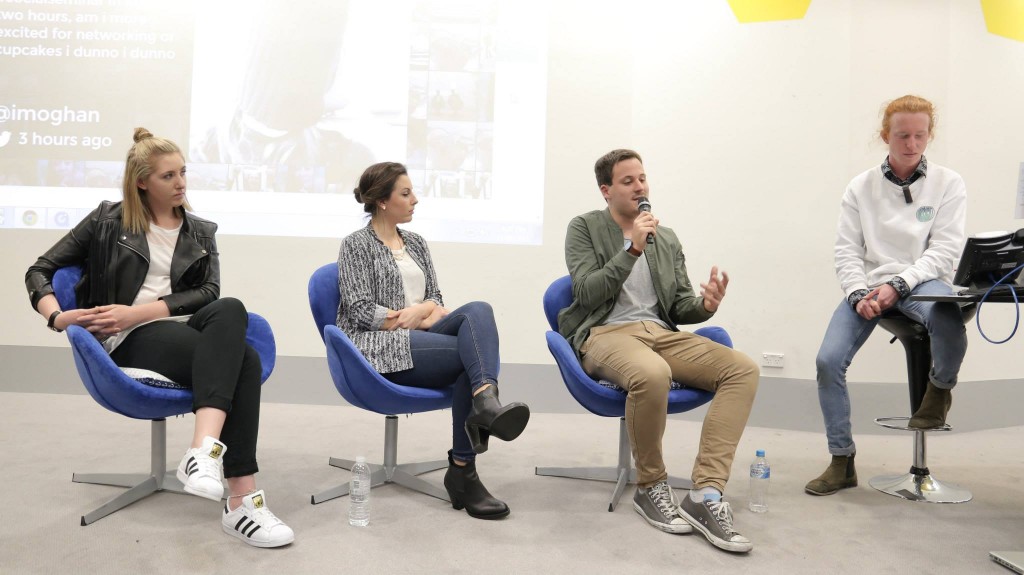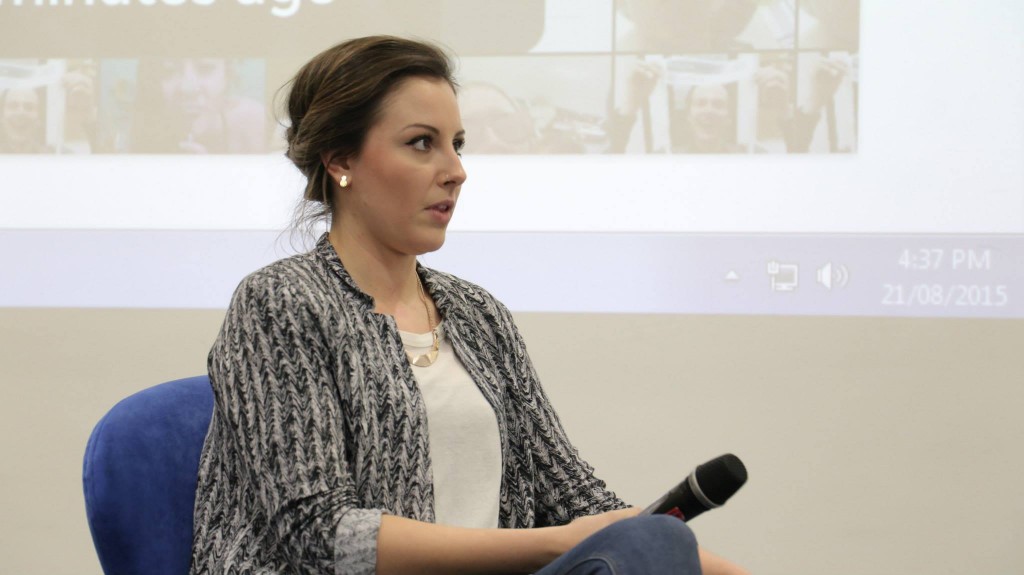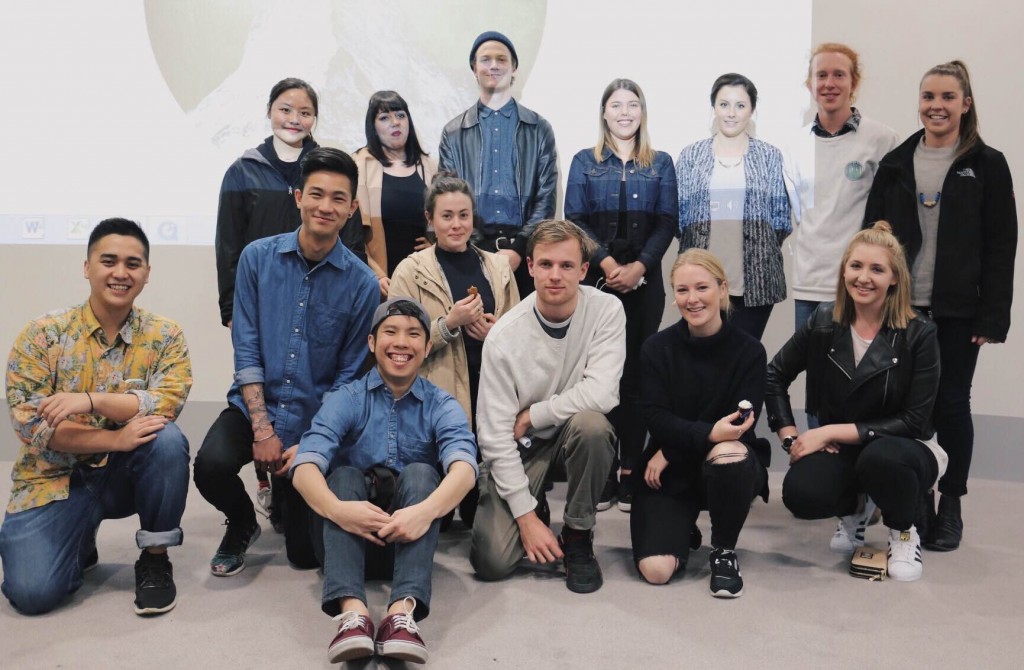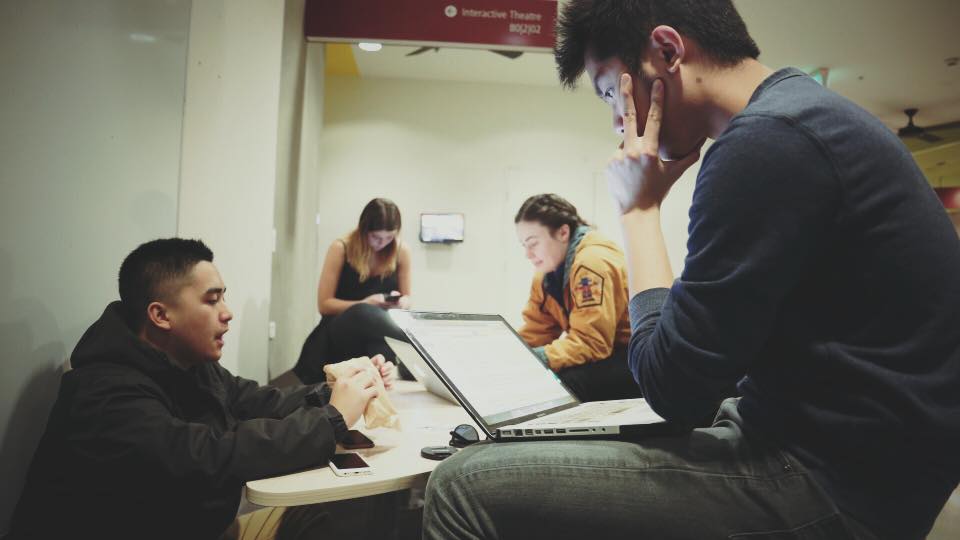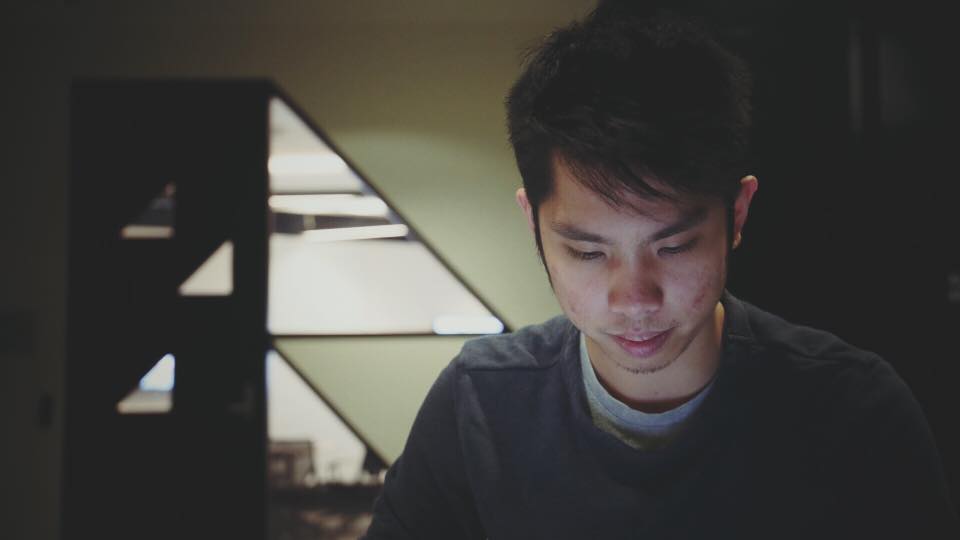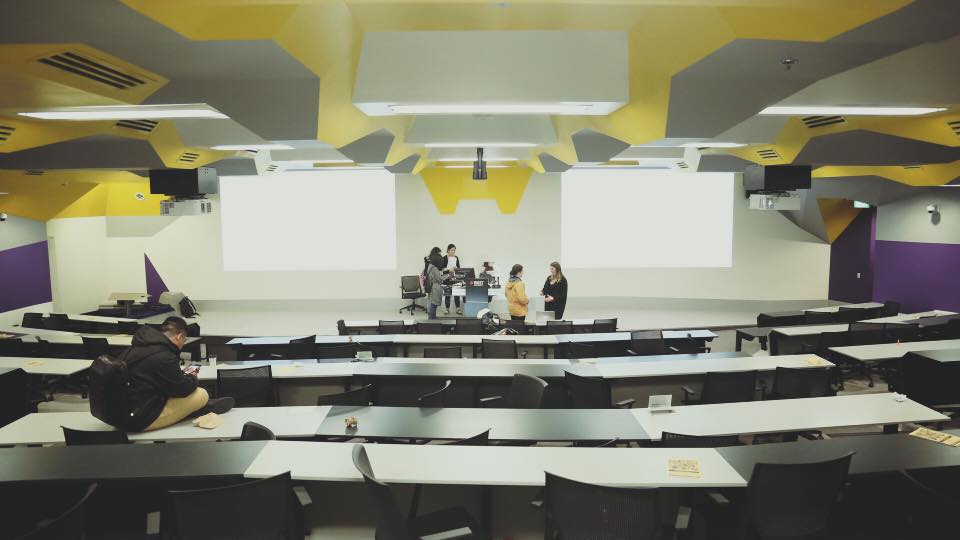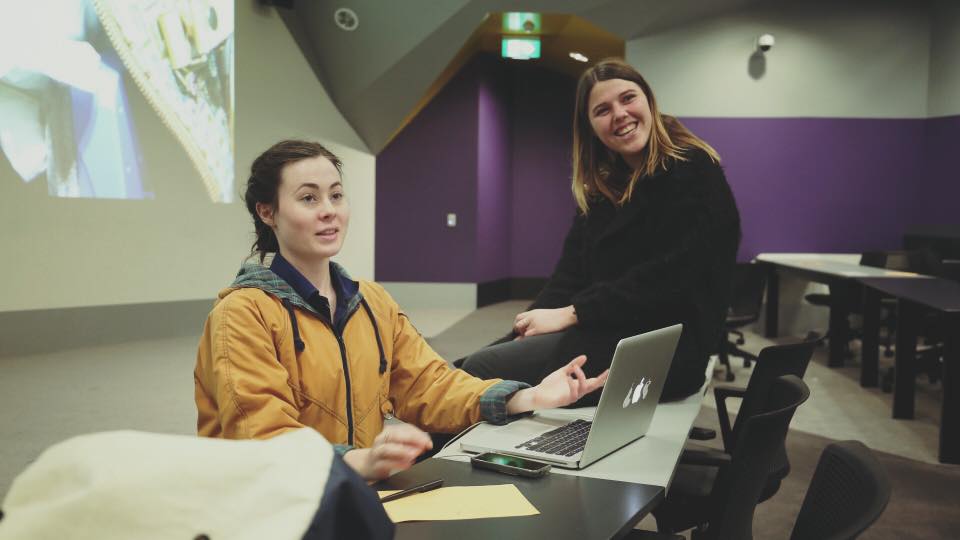For the sake of
As a media student, I had to fulfil a work attachment in order to successfully graduate. As an international student, I found it fairly difficult to find and secure myself a position in media production. This was after god-knows-how-many attempts via e-mail and phone calls to acquire an entry-level position in the media industry; most of them were even unpaid. This provided me good insight on the industry and its level of competitiveness. After many failed attempts, I finally managed to secure a position with a production company called Pea Tree Productions. I was so grateful and pleased that someone had finally decided to accept my CV, but at the same time extremely nervous because this would mean that I am about to be working on a professional set. A close friend once told me, “If you don’t have professional experience, you don’t have professional experience. Period.” So, the thought of working on a set as a production assistant, or any other role really, thrills me because I will finally be able to acquire professional experience.
Being the inexperienced final year student that I am, I did not know what to expect on my first day. I was a walking time bomb; I was bound to make mistakes, but just did not know when, or whatever magnitude it will be. All the thoughts that were going through my head included the number of people that I will be working with, who I will be working with, but the most concerning one was whether I would enjoy myself while working there. I entered an office building on William Street, nervously rehearsing my introduction. I was so engrossed that I did not even realise that I had already arrived at the 8th floor. The moment I stepped out of the lift, a woman who I presumed to be the production manager asked me, “Hi Bryan, can you help us with the equipment?” I was surprised that I did not even have chance to introduce myself, and I suppose that introductions were too overrated. From then on I realised that this was the beginning of my role as camera assistant/production assistant, and I have to stop worrying about making mistakes. Mistakes will be made, the important thing is that I learn from it. This is what it feels like to be on a no-nonsense work environment.
Fix-Her-Up is about a disgraced talk back radio host come renovator that tries to fix the love lives of her co-workers and clients, and is set to air on Channel 31. On some occasions, I will be running around and helping out each of the departments, be it keeping the set clean and tidy, distributing call sheets, to getting coffees. It was all very tiring but in the end, invaluable. The series ran a 2-camera set-up. I had the chance to operate the camera for 1 episode, and it was thrilling. From the assistant’s point of view, operating a Sony PMW-F3 did not seem tough, but when it came down to the real deal, it was fairly challenging. But for the most part, I was in charge of focus pulling, setting up and moving cameras, and assisting the director of photography.
Initially, a work placement to me was nothing but a mere hurdle that I had to see to if I wanted to graduate. I even saw it as a nuisance and I was honestly frustrated that I had to deal with it. It did not take me long to understand that experience, especially in this field, is pivotal. So, the only thing that I really wanted out of a work placement is just ‘experience’. Now, the problem here is I did not set a specific target for the sort of ‘experience’ I wanted to gain. I therefore set out to the vast abyss that is the Internet in search of the criteria of ‘experience’ I was looking for but to no avail. On black and white, my title was ‘Camera Assistant’, but I knew that the amount of experience I gain is entirely up to my attitude while on set, and what I do to further enhance my experience and make it worthwhile. I even went out of my way to create a list to outline my personal goals and objectives:
- Maintain constant awareness of what is happening on set
- Further improve technical skills (focus pulling, cinematography, getting familiar with different equipment and set-ups)
- Get a feel of how everything else works (other departments: transportation, catering)
- Expand network
Though it is a short list, I would like to believe that I have accomplished most of them. The only thing that I feel like I did less of was not being proactive enough. Due to long and continuous shooting days, I constantly found myself exhausted by mid-day, and I could not spare what is left of me to converse, if I wanted to maintain a good working attitude for the rest of the day.. I guess this could fall under the ‘Expand Network’ bullet point, but I felt like I should have tried to engage in more conversations with the crew, as all of them had more experience than me. Their advice and having them talk about their experiences will definitely benefit me one way or another. I also did not expect that shooting locations would have been so far apart from each other. One day I would be in an office building close to Flinders, the next day I would be at Glen Waverly, shooting outdoors under irrational Melbourne weather. Sometimes I wish I actually listened to my mother and bring a cap.
The most exciting thing I got to do on set was probably having the utmost privilege of yelling “Quiet on set!”. Not to mention the glorious slating as well. Apart from that, I also learned a lot of interesting things:
- The director wants coffee. IMMEDIATELY go and get one.
- Grips need time cards. GO and get a stack.
- I should dress APPROPRIATELY, not to impress.
- Crew call is NEVER going to be ‘as stated’
- ANNOUNCE my mistakes
All of these seem to tell me to always prepare for bad things, and it is true. Film is organised chaos, from everything in front of the screen to behind the screen. Shoots almost never go according to plan (refer bullet point number 4 above). In fact, nothing ever goes according to plan. Somehow, elementary mistakes like forgetting to press the record button will happen. The tyres of the transportation vehicle will have a puncture. And at some point, a crucial prop will break on its own. At least, I have experienced my share of bad luck, and now have note-to-self(s) to remind me to take the necessary precaution and always, ALWAYS double-check.
Of course, being on the set is not all pure bad luck and mistakes. I have met a few production assistants on set who are younger than me, have been on many more professional sets, and worked in so many other productions. Some of them wanted to one day produce and possibly direct their own feature, some of them are already happy and wanted to be in the position that they are in. This astounds me, because why not go for positions that are much higher and more lucrative? This might sound cliché but what they told me was they wanted to do something that they are passionate about, and that is to be a production runner. To be fair, they were really good at their jobs. Come to think of it, the reason that they are good at their jobs is because they are experienced, and know what should be done next, and what should not.
I would like to say I know how to properly operate a digital cinema camera, but the director told me that no one in this industry fully understands how something operates, that’s why there are so many different roles on a set. Producing something requires a budget. The most expensive thing in any production budget is surprisingly not equipment or props, but people. I did my own math; Say I needed a 25-man crew for my film, and pay them each minimum wage, which is $17 per hour, for twenty days. That would cost approximately a hundred thousand dollars, if they were to work 12-hour days. All this still does not include catering, transportation, and any other production costs. That figure obviously put me down a little, but it still will not stop me from making my own movie. As an aspiring cinematographer, working alongside all these creative minds for two weeks has definitely broadened my knowledge. Without their guidance, I would not have been able to work my way through a hectic yet fun shoot without making a megaton of mistakes, and making a fool out of myself. With that said, I would say this work attachment has given me invaluable experience in terms of professional development.
cya
